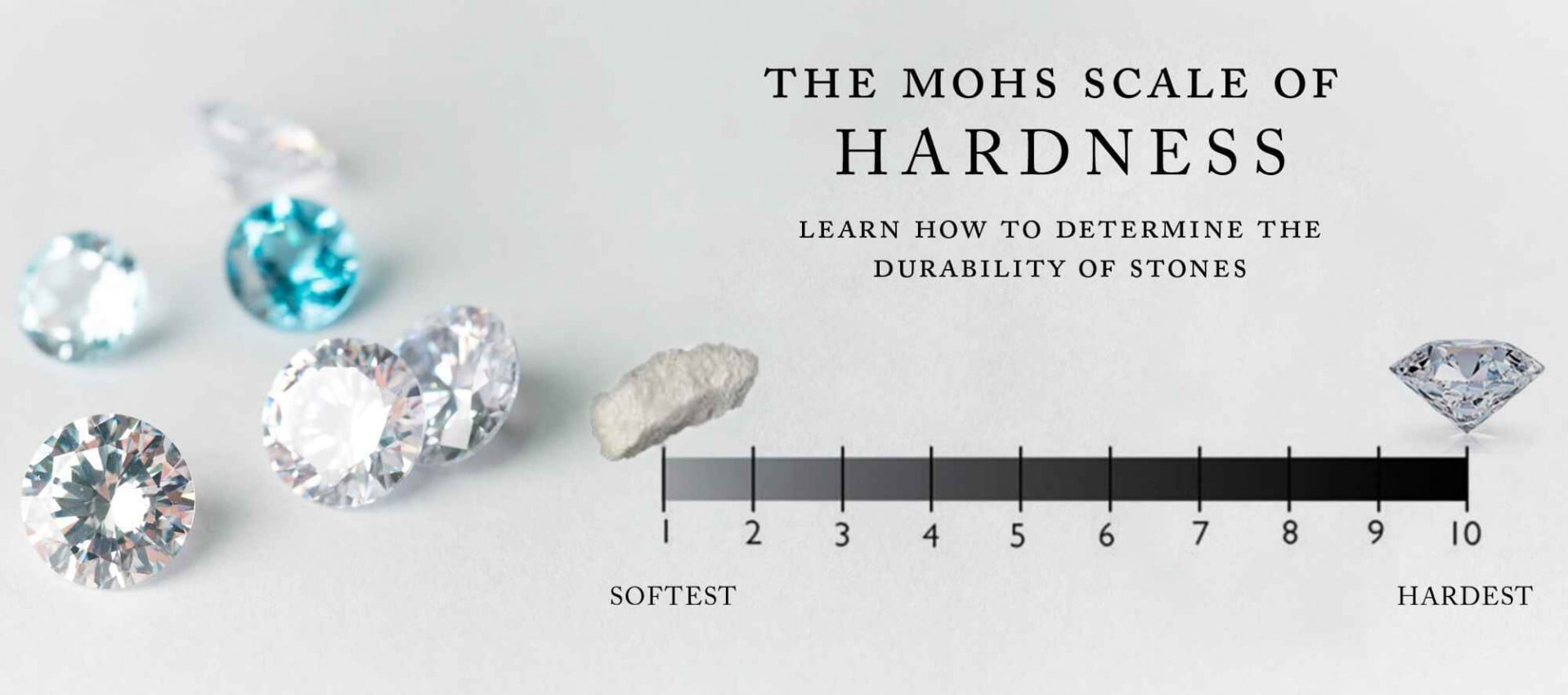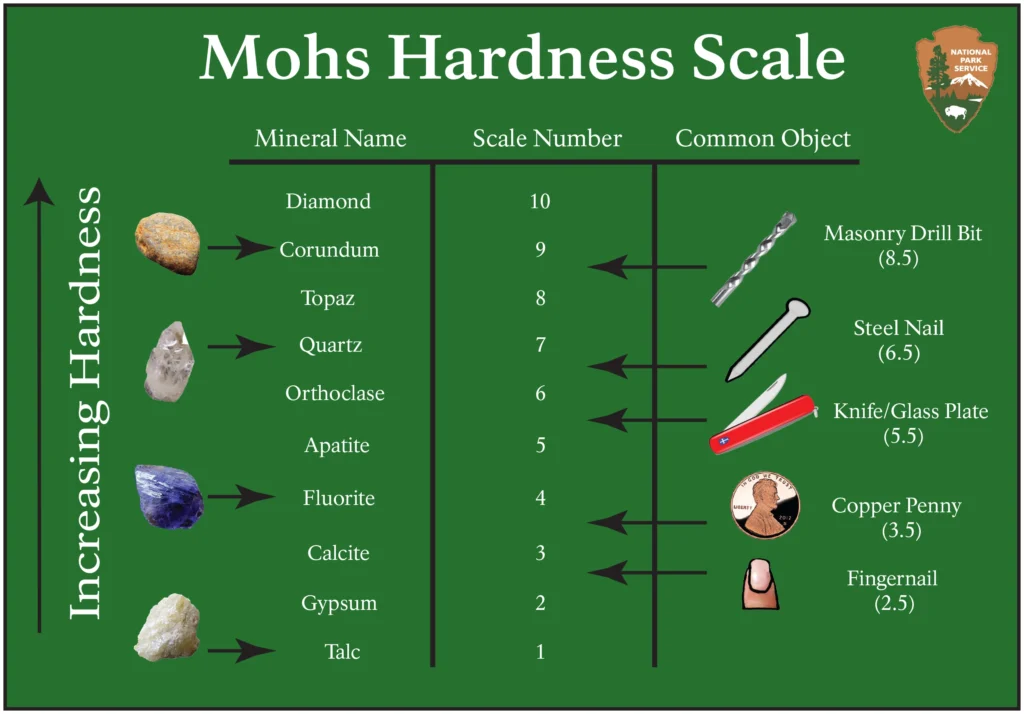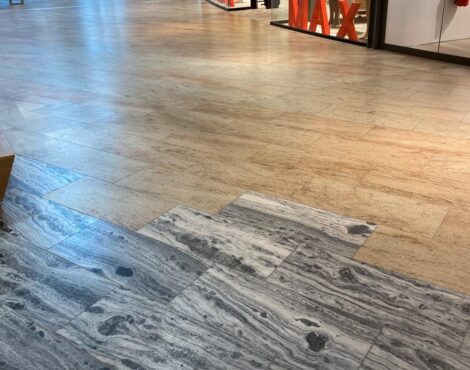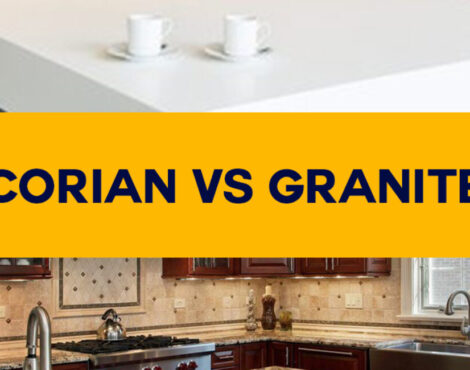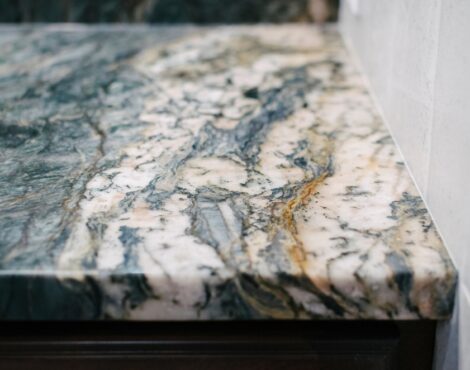Curious about granite’s legendary toughness? Join us as we explore the question: what is the hardness of granite?
Simply put, granite is quite hard. Think of it like this: if you were to try and scratch it with your fingernail, it would be extremely tough to leave even a mark. It’s much harder than materials like wood or plastic. This hardness is what makes granite such a popular choice for things like kitchen countertops or floors because it can withstand a lot of wear and tear without getting damaged easily. So, in simple terms, granite is pretty tough!
Let’s delve a bit deeper. To put its toughness into perspective, think about trying to scratch it with something like a coin or even a knife. You’d quickly realize that granite puts up a serious fight – it’s incredibly resistant to scratches and damage. It’s like having a shield that protects it from everyday wear and tear. So, when we say granite is tough, we mean it’s tough as nails, built to last, and ready to take on whatever life throws its way!
Given that granite typically ranks between 6 to 7 on the Mohs scale, indicating its considerable hardness and scratch resistance compared to softer minerals, it’s important to understand the factors contributing to these properties. Granite’s density and hardness stem from distinct sources. Hardness is a measure of how tough its constituent minerals, like quartz and feldspar, are, while density refers to how tightly its molecules are packed. Essentially, hardness gauges resistance to scratching, while density reveals the compactness of the material. Thus, while both characteristics play a role in granite’s overall makeup, they represent different aspects of its physical nature.
READ | The Reason for Material Selection: Engineered Stone Vs Natural Stone
Is There A Method To Measure The Hardness Of Granite?
A popular method is used to measure the hardness of minerals, such as granite. The scale is known as the Mohs scale of mineral hardness. Created by Friedrich Mohs in 1812, this scale categorises minerals according to their ability to resist scratches from tougher substances.
Minerals are rated on the Mohs scale based on their hardness level, which ranges from 1 to 10, with 1 being the softest and 10 being the hardest. Granite usually has a Mohs scale rating of 6 to 7, making it quite hard and resistant to scratches when compared to softer minerals, although not as tough as materials like diamond, which scores a 10 on the scale
There isn’t a dedicated scale just for granite, but the Mohs scale can help us gauge how hard granite is in comparison to other minerals.
Now, the question that naturally arises is: which is more harder, granite or marble?
Which Is Harder: Granite Or Marble?
Granite is generally harder than marble. While both granite and marble are natural stones, they have different properties that affect their hardness.
Granite typically ranks between 6 to 7 on the Mohs scale of mineral hardness, making it relatively resistant to scratches and damage. Marble, on the other hand, is softer and typically falls within the range of 3 to 4 on the Mohs scale. This means that granite is more durable and better able to withstand wear and tear compared to marble.
In practical terms, this difference in hardness means that granite is often preferred for high-traffic areas such as kitchen countertops and flooring, where it is more likely to endure heavy use without showing signs of wear. Marble, while still durable and beautiful, may be more prone to scratching and etching in such environments.
Even though marble is not as durable as granite, quartz matches its strength. Quartz is a sought-after alternative to granite, particularly for countertops. Considering that it’s engineered stone compared to natural granite.
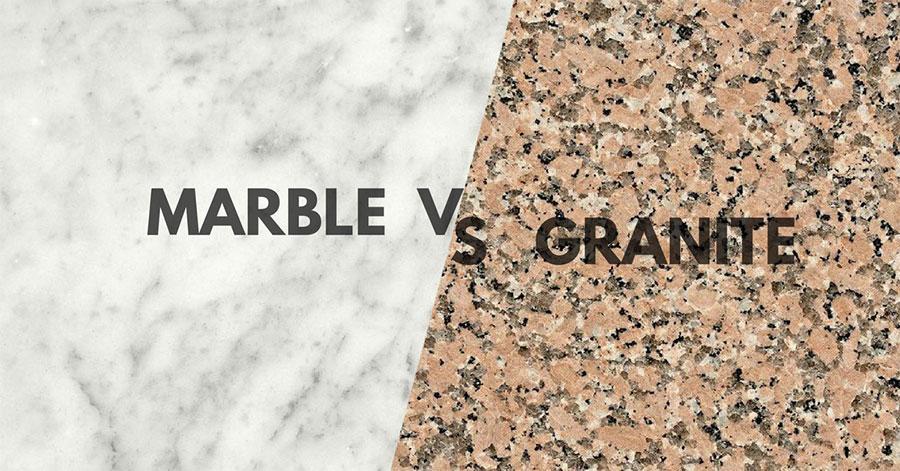
What is Harder, Granite Or Quartz?
Granite and quartz are known for their durability and are popular choices for countertops and other surfaces due to their varying hardness levels.
Granite usually has a mineral hardness rating of 6 to 7 on the Mohs scale, which means it is quite hard and can resist scratching.
Quartz is a type of engineered stone created by combining crushed quartz crystals with resin. It usually falls around 7 on the Mohs scale, which puts it in the same hardness range as granite.
READ | The Reason for Material Selection: Engineered Stone Vs Natural Stone
Practically speaking, granite and quartz are both great options for busy areas because of their strength and ability to resist scratches and damage. Deciding between granite and quartz typically boils down to personal taste, appearance, and desired performance attributes for a specific use.
Now that we know the hardness of granite, marble and quartz. It’s natural to be curious about the hardness of other options, whether they are natural stone or engineered options. Check out our detailed article comparing different types of stones based on hardness, porosity, stain resistance, and durability.
Frequently Asked Questions (FAQs) About Granite Hardness:
Quartz and granite share similar hardness, with quartz often slightly surpassing granite. Both fall within the 6 to 7 range on the Mohs scale, making them durable choices for surfaces like countertops.
Quartzite typically ranks higher in hardness compared to granite and marble, generally ranging from 7 to 8 on the Mohs scale.
Quartzite typically ranks higher in hardness compared to granite and marble, generally ranging from 7 to 8 on the Mohs scale.
Granite is generally harder than marble. While granite typically ranks between 6 to 7 on the Mohs scale of mineral hardness, marble falls within the range of 3 to 4.
The strongest stone, in terms of hardness, is diamond. Diamond ranks as the hardest known natural material, scoring a perfect 10 on the Mohs scale of mineral hardness.
The Mohs scale of mineral hardness is a qualitative scale used to rate how easy it is to scratch stone. It gives mineral a score from 1 to 10 based on how easily they can scratch each other. Another mineral that is harder than the one you are trying to scratch can be scratched by the harder mineral. Diamond is the hardest material on the Mohs scale, with a score of 10. Talc is the softest, with a score of 1.

